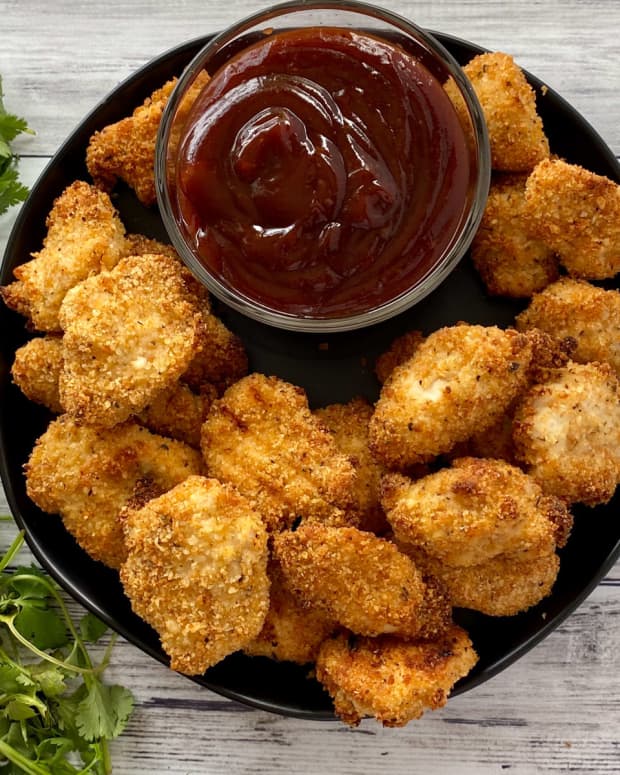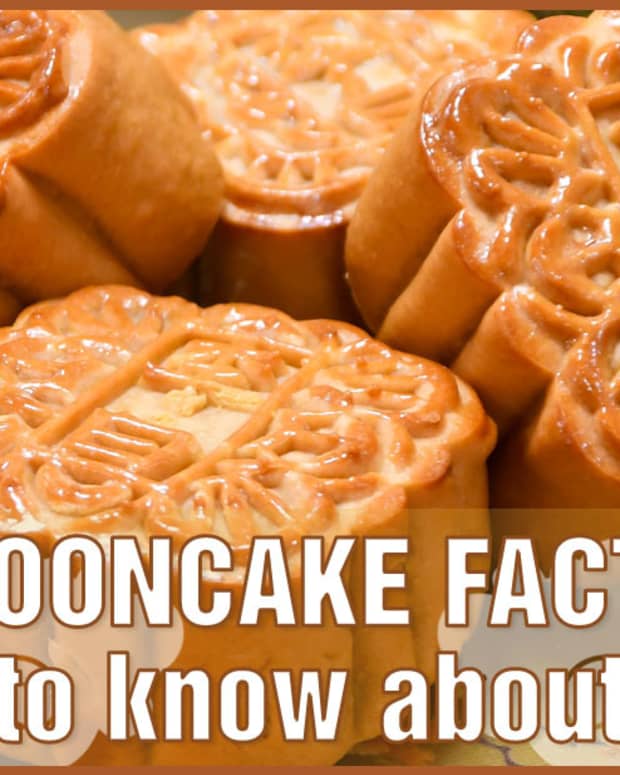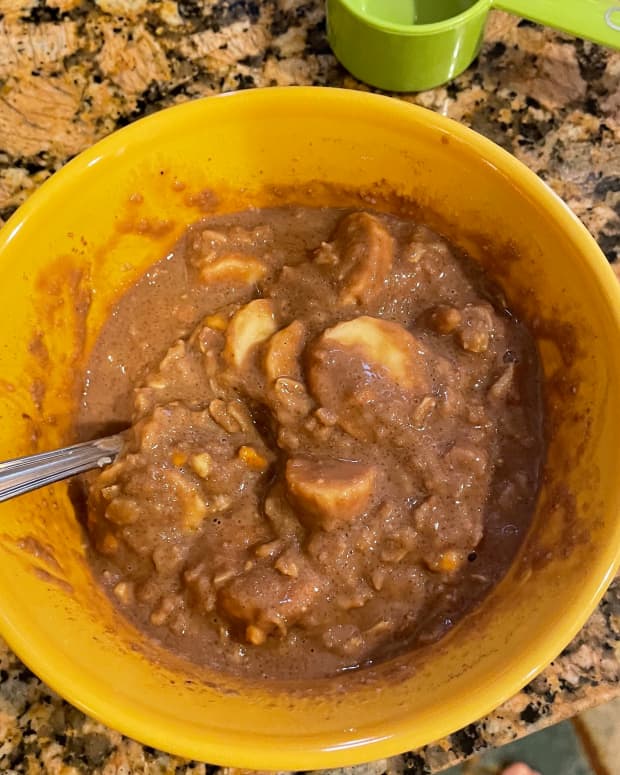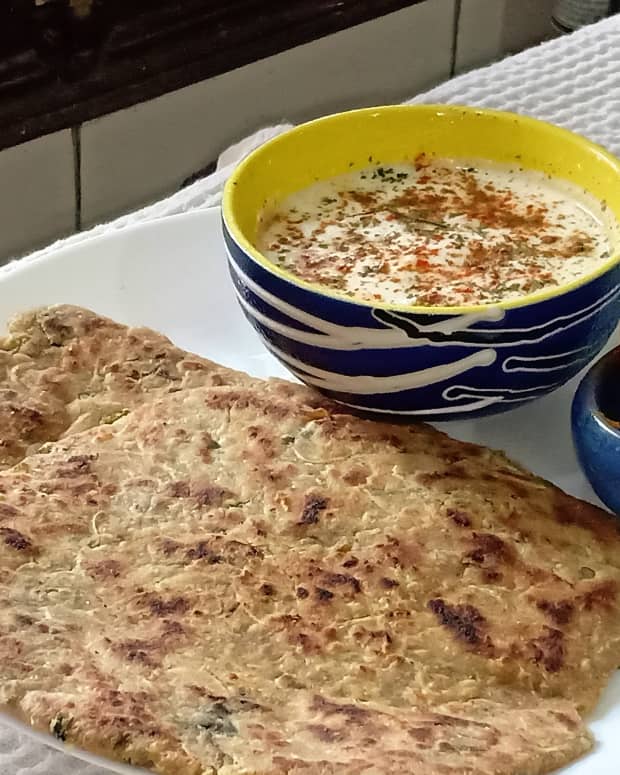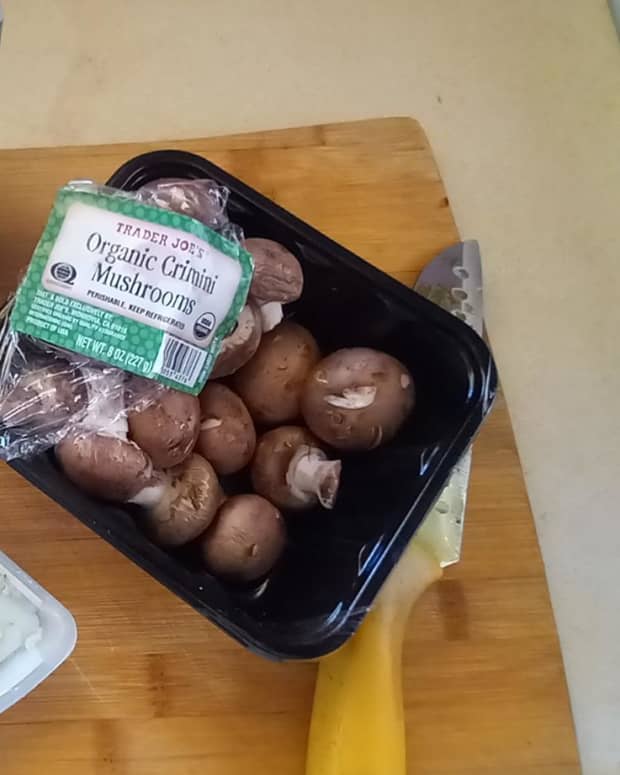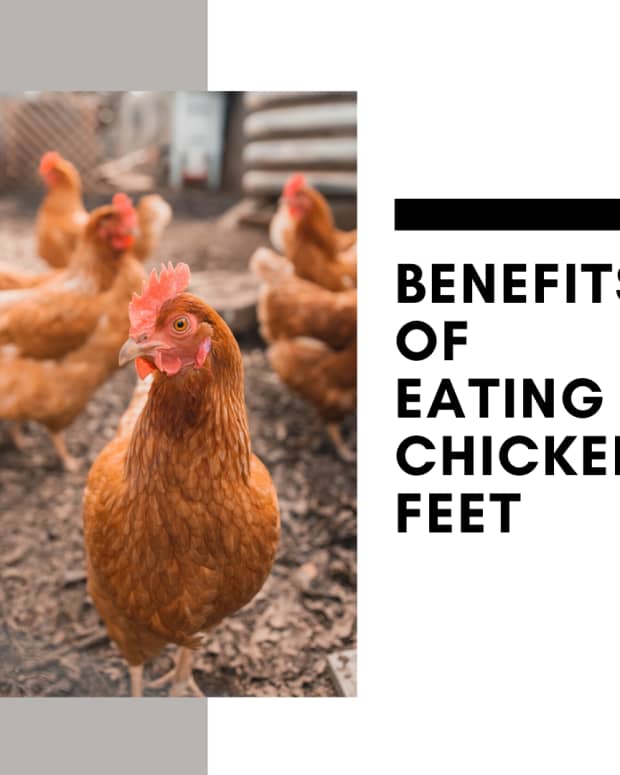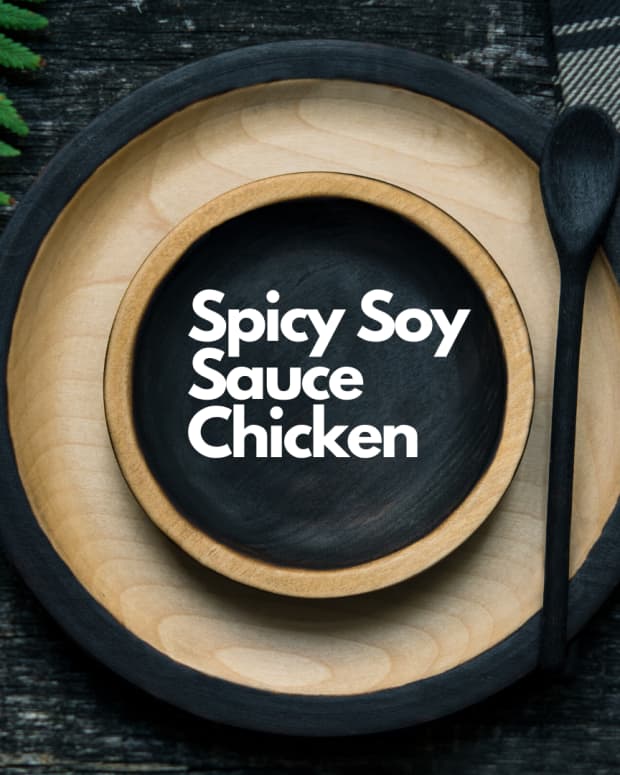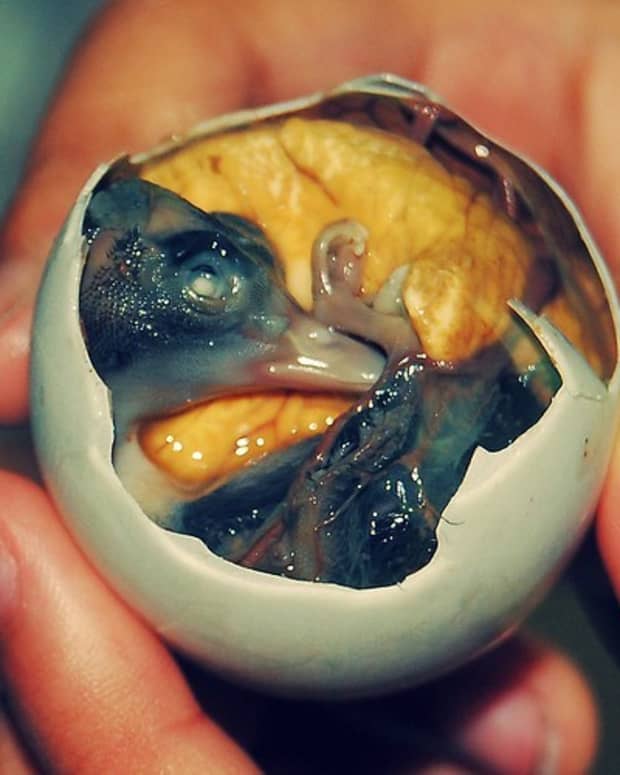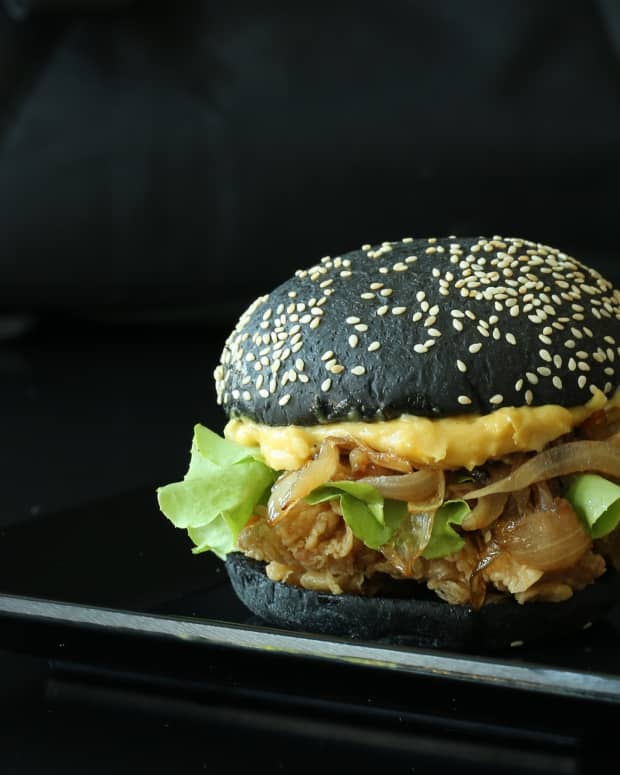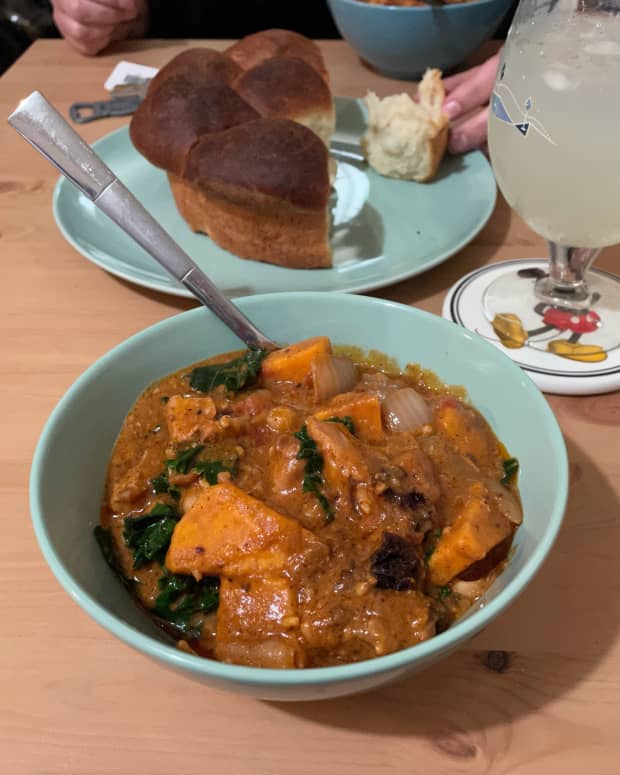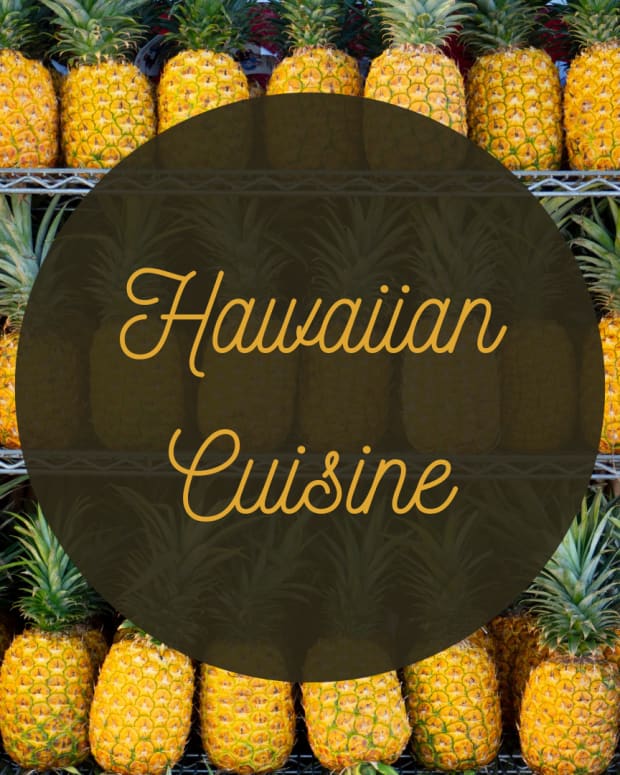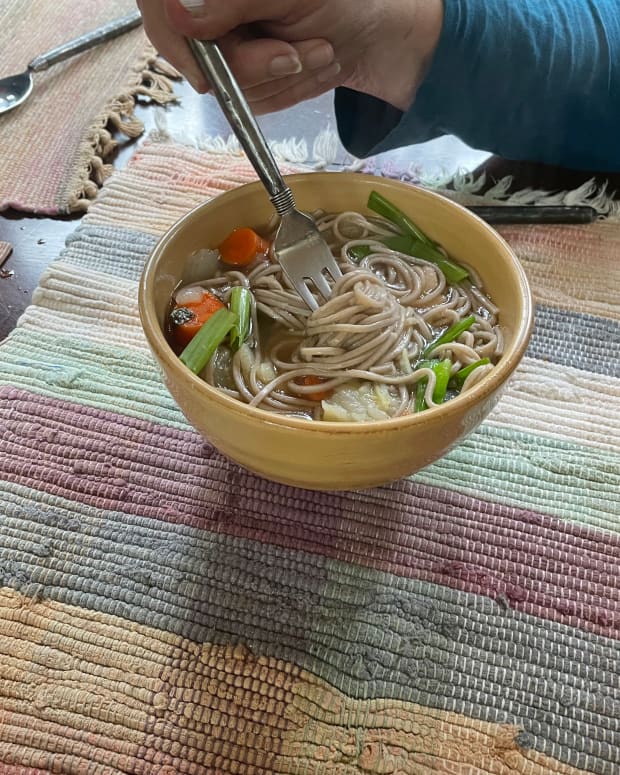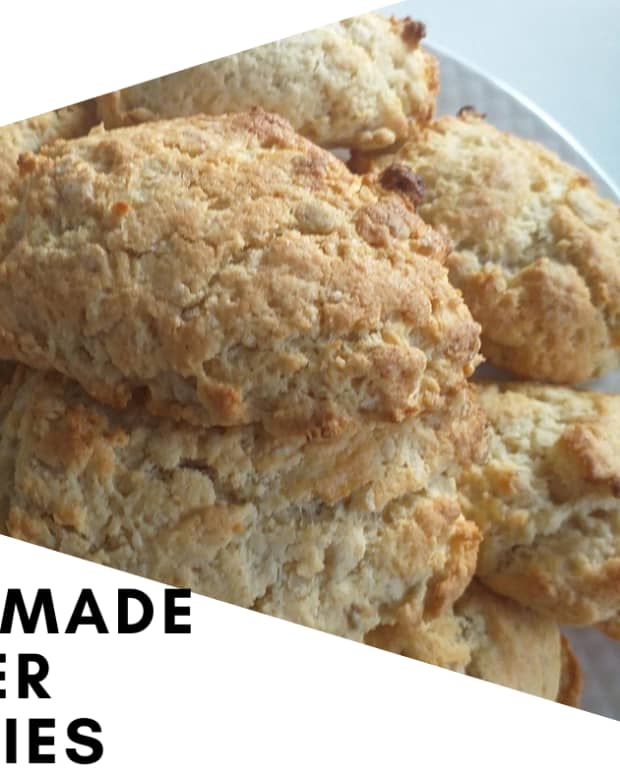Fake Foods: What You Need to Know About Food Swindlers
I've spent half a century (yikes) writing for radio and print—mostly print. I hope to be still tapping the keys as I take my last breath.
Fake Food Is Big Business
Parmesan cheese, olive oil, Parma ham, spices, scallops, and many other foods are targets for swindlers. A favourite tactic is to sell cheap knock-offs as the genuine brand. Sometimes, products are adulterated with inexpensive additives, whereas others are deliberately mislabelled.
The government of Canada says, “Globally, all forms of food fraud are estimated to cost the global food industry between $10 and $15 billion per year, affecting about 10 percent of all commercially sold food products, according to the U.S. Grocery Manufacturers Association.”
Fake Parma Ham
For 2,000 years the city of Parma in Italy’s Emilia-Romagna region of northern Italy has been famous for its ham, known in Italian as prosciutto. The genuine article can only be made in a small area whose micro-climate is conducive to production.
It has protected status under the European Union and can only carry the name Parma ham if it is made using traditional methods within a designated area. The ham can only be made with meat from 100 percent Italian pigs, and it takes at least a year to air-cure a Parma ham, so it is expensive.
It is a business worth €750 million ($892 million) a year and so has attracted crooks who want to take a slice of the money.
In 2015, Italian police swooped in on a location near Naples where they found pork from Poland being labelled Parma ham. A couple of years later, a company was charged with importing pig sperm from Denmark to create leaner meat to sell under the Parma label.
Seafood Scams
Consumers are most likely to run into food fraud when buying fish. According to the New Scientist, “On average, 30 percent of fish sold in shops and restaurants globally is wrongly labelled, with as much as half misdescribed in some places, according to a 2018 review.” Other studies say the fraud amounts to almost half the fish sold.
Scallops are expensive so they are a target for scam artists. The trick is to take a fish such as skate, or shark and cut circular plugs out of the meat―et voila! Scallops.
Halibut and other premium fish attract the cheats. In 2019, New York’s Attorney General, Letitia James, released a report of seafood swindles. Slate’s Manny Howard commented that “43 percent of the time, when premium priced fish—like grouper, cod, halibut, striped bass, and white tuna—fetching between $19 and $29 per lb. is purchased, inferior varieties farmed in foreign countries with very little or no regulatory oversight, costing as little as $3 per lb., is substituted by the retailer.”
When a fillet turns up on your plate under a lemon dill sauce it’s next to impossible to tell whether you are dealing with a piece of halibut or a fillet of tilapia.
Herb and Spice Swindles
Most garlic powder comes from China. In 2017, much of the Chinese garlic crop was damaged by bad weather, but the supply of dried garlic never declined. It turns out the garlic powder was stretched out with calcium.
Real saffron is hideously expensive, from $2,000 to $10,000 a pound, so it’s hardly surprising that the real McCoy rarely shows up in spice racks. Someone has to pick the stamens of 4,200 crocus plants to create one ounce of saffron. So much cheaper to slice up onion into thin threads and dye it orange; the rubes won’t spot the difference.
Apparently, even bog-standard herbs and spices attract the attention of crooks. If your cinnamon comes from Sri Lanka (Ceylon) it’s likely to be the real thing; if it comes from China or Vietnam it probably isn’t. The most common substitute is ground coffee husks.
The experts say look for “Ceylon” on the label to find the proper goods. (Of course, the folk in Guangzhou Province would never dream of labelling their “cinnamon” as coming from Ceylon).
The people at Bon Appétit say “Ground black pepper is another item, like ground cinnamon, that is practically inscrutable in powder form. Researchers have found papaya seeds, juniper berries, pepper stems, and chaff all lurking in what claims to be black pepper.”
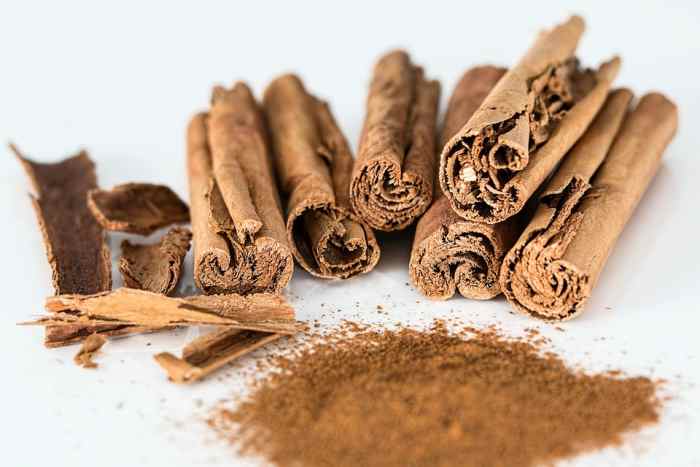
The Sri Lankan government says that “Ceylon cinnamon is thin and papery and forms multiple layers when rolled up.”
False Vinaigrette Dressing
Add three parts olive oil to one part balsamic vinegar and you’ve got the foundation of vinaigrette dressing, but you likely haven’t made it with pure, unadulterated ingredients.
On Epicurious, food writer Janet Rausa Fuller tells us there’s a lot of jiggery-pokery in the olive oil supply chain: “olive oil extracted in one country is often shipped to another, usually Italy, and then blended with olive oils from yet other places before being bottled and shipped off again.” And, along the way lower-grade oils such as soybean are often introduced.
Doctored olive oil has been around since the time of the Roman Empire and those in the know say it’s pervasive today. In 2016, under Operation Mamma Mia, Italian police seized more than 2,000 tonnes of fake olive oil worth €13 million ($15.5 million). The cops say Italy has a “vast and proven system of fraud in the olive oil sector.”
The balsamic vinegar in our salad dressing is also likely to be bogus. The authentic vinegar can only be made legally from seven grape varieties and must age for at least 12 years in cherrywood or chestnut casks. So, there are lots of scoundrels happy to take short cuts for a quick and dirty profit.
The villains use inferior grape must (skins, seeds, and stems) and add brown sugar or caramel. Those busy Italian police grabbed 9,000 tonnes of low-grade must be earmarked for high-priced balsamic vinegar in 2019.
Fake Parmesan Cheese
Once your salad has been tossed in our not-so genuine vinaigrette dressing you might want to grate some wonderful Parmesan cheese on top. Sorry, but you are likely to be ripped off here as well.
Just as with Parma ham, Parmigiano-Reggiano can only carry that name if it has been made under strictly enforced, traditional methods with a small geographic area near Modena, Italy.
However, in North America there is no legal protection accorded the word Parmesan. As a result, a host of poor imitations are on the market labelled Parmesan cheese.

In the U.S. and Canada it’s labelled as Parmesan, but it isn’t Parmigiano-Reggiano. In Europe, the product is called Pamesello.
In 2012, people from the Food and Drug Administration swooped on a cheese factory in Pennsylvania. They “found that the cheese it was selling as ‘100% grated Parmesan’ was actually cut with fillers like wood pulp and contained exactly 0% real Parmesan cheese, using instead cheaper varieties like Swiss and cheddar” (foodbeast.com).
Nicola Bertinelli is president of the Parmigiano-Reggiano Cheese Consortium, which works to protect the brand. She estimates the phony Parmesan trade rakes in about $2 billion a year. That’s about 15 times the annual export of the genuine stuff.
Urban Myths About Food
There are many urban myths about food that make the rounds on the internet that aren’t true. A sampling:
- Eating carrots does not help you see in the dark.
- Gum doesn’t take seven years to digest. It is largely indigestible and passes through heading for the sewage treatment plant in the traditional fashion.
- Watermelon seeds do not grow in the stomachs of people.
- Bacteria can invade any food in milliseconds so the idea that food dropped on the floor is safe if picked up within five seconds is nonsense.
- Stomachs do not explode if Coca-Cola and Mentos are consumed at the same time.
- You can’t swim within an hour of eating. Yes you can―there’s no connection between eating and cramps.
- Finally (gross out alert!), there is no evidence that the rectums of pigs have been substituted for calamari.
Sources
- “Food Fraud.” Government of Canada, November 24, 2020.
- “Italy’s Food Police Bust Polish Ham Scam.” Patrick Browne, The Local, June 29, 2015.
- “Bogus Fish Is Everywhere; Here’s How You Avoid the Worst of it.” Manny Howard, Slate, January 26, 2019.
- “The 15 Most Common Counterfeit Foods—and How to Identify Them.” Belle Cushing, Bon Appétit, February 4, 2014
- “Seven Ways to Tell If Your Olive Oil Is Fake.” Janet Rausa Fuller, Epicurious, May 25, 2017.
- “Grapes of Wrath: Italian Police Target Fake Balsamic Vinegar Fraud.” Lorenzo Tondo, The Guardian, March 9, 2019.
- “Most American ‘Parmesan’ Is Fake: How to Tell if Yours Is Legit.” Danette St. Onge, foodbeast.com, June 21, 2019.
This content is accurate and true to the best of the author’s knowledge and is not meant to substitute for formal and individualized advice from a qualified professional.
© 2021 Rupert Taylor
Comments
Rupert Taylor (author) from Waterloo, Ontario, Canada on March 13, 2021:
Yes, I figured that out. My riposte was poorly worded.
Shauna L Bowling from Central Florida on March 12, 2021:
Rupert, the potatoes aren't eaten, they're "staged" for camera purposes.
Rupert Taylor (author) from Waterloo, Ontario, Canada on March 12, 2021:
I don't imagine mashed potato flavoured ice cream would be a big seller.
I think the coffee husks are added to some real cinnamon to extend it. So there'll be some cinnamon flavour but not as much as you pay for. That's a guess because it didn't come up in the research.
Saffron? I don't move in circles where the real thing is served. I always assumed it is used more as a food colouring than a flavouring.
Shauna L Bowling from Central Florida on March 12, 2021:
I've heard about the scallop cheat, but wasn't aware of most of the others.
Thinly sliced onions died orange to mimic saffron? That doesn't make sense. Saffron doesn't taste like onions, so how do they get away with it?
Actually, the cinnamon and pepper fakes surprise me as well. I've never tasted a ground coffee husk (or maybe I have!), but how does that mimic cinnamon?
Interesting article, Rupert. I was just reading about advertising hacks to make food look good in commercials or print ads. For instance, to achieve that luscious cheese pull in pizza commercials, craft glue is mixed with a small amount of cheese and allowed to set until it resembles the ooey-gooey stuff we all love. Another is the use of shaving cream in place of whipped cream because it doesn't loosen under studio lights. And those perfect scoops of ice cream? Not ice cream at all because it melts. It's actually mashed potatoes!
I'll be back to watch the videos. I'm at work right now and can't get away with it at the moment. :-)
Peggy Woods from Houston, Texas on March 12, 2021:
It is a shame that greedy companies substiitute inferior products under premium product names.






